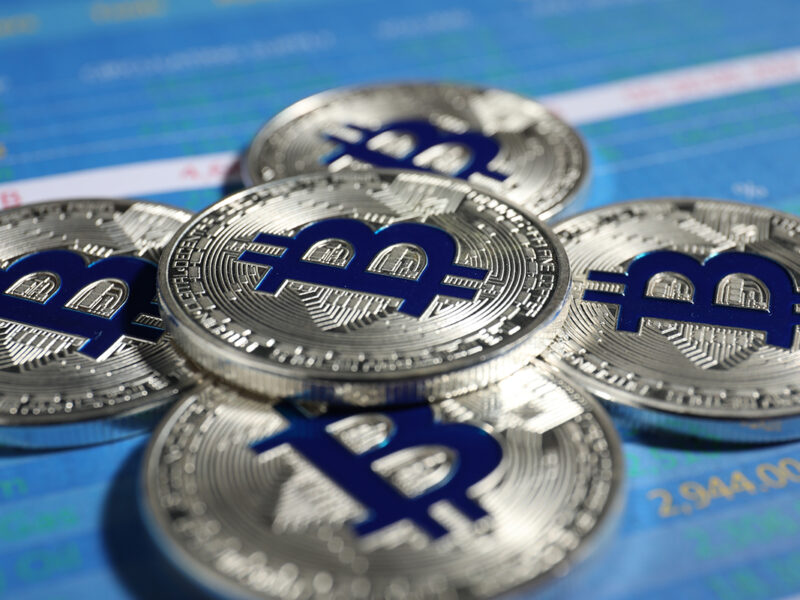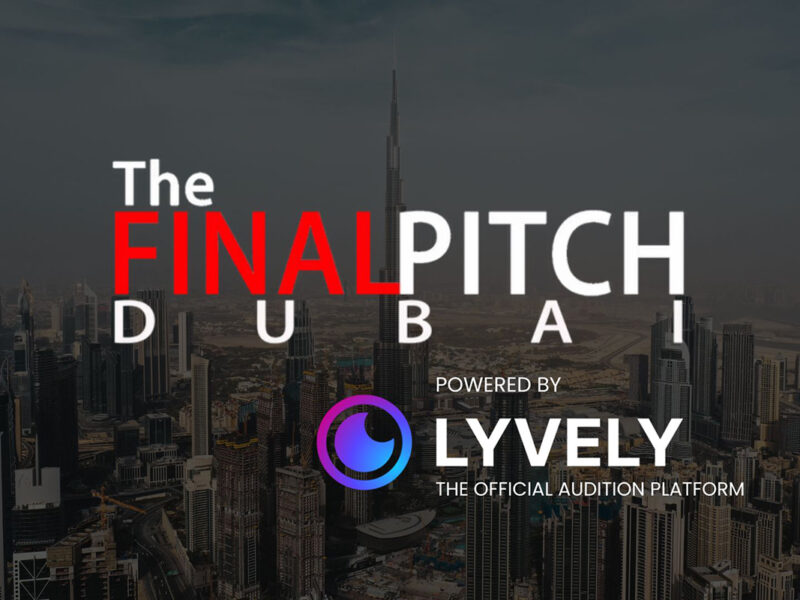Elon Musk’s Twitter presence has caused many a stir in the 12 years he’s been active on the platform.
A single tweet from Musk has moved the needle on everything from Tesla stock prices to cryptocurrency markets.
In June 2021, within hours of tweeting that he had fallen out of love with Bitcoin, the currency had plummeted nearly 4 percent.
On March 26th, Musk tweeted that the platform was “failing to adhere to free speech” and said he was giving “serious thought” to building his own social media platform.
Just more than a week later Twitter announced that he would be joining their board. With a share of 9.2 percent we asked if a character like Elon Musk would be happy with a stake that size.
A stake that is considered “passive”… not exactly an adjective to link to Mr. Musk.
And now – the news is just in, and Musk has purchased Twitter in a $44 billion deal that will turn the social media network into a privately held company. What will this mean for users?
Let’s try to summarise what happened and put it plainly:
With 9.2 percent, Musk was made the single largest Twitter shareholder. This stake offered him an invitation to join the board… But board members are not allowed to acquire more that 14.9 percent of the company.
So just as quickly as it was announced that he would be a board member, Musk opted to sit out. This tells us that the limitless entrepreneur’s Twitter ambitions were certainly not to remain “passive”.
Just a week later clear lines were drawn in the sand, and an out and out war for Twitter was revealed.
His initial public call out over free-speech set the tone for how he intends to move forward with hints and challenges directed at the firm posted via tweets. High-stake corporate chess moves are usually played behind heavy boardroom doors.
But Elon Musk, using his influential Twitter reach, is putting it on display for all to see.
And so, perhaps the pertinent question to ask today, instead of what Elon Musk might decide to do, is to discuss what we know: Musk wanted to own Twitter outright. Privatised Twitter as the free-speech town square. Is the world ready for Musk’s Twitter?
Social networks have spent billions of dollars implementing policies to reduce hate speech, misinformation and communication that degrades public discourse.
In doing so, they’ve provoked the ire of politicians on the right, who claim these actions amount to censorship, and also people on the left, who say tech companies’ enforcement is too limited and biased.
The ongoing debate over free speech
With over 80 million followers, Musk has shouted the benefits of free speech in the lead-up to his takeover bid.
He has used Twitter to announce his intentions, to host polls to establish user appetite, and to reveal the ways in which Twitter board members are attempting to block his buy-out.
It’s this transparency that appeals so widely to free-speech absolutists… And may well clear the way for his takeover if the blocking tactics employed by Twitter executives are revealed to be unscrupulous.
Musk is quoted as saying: “it’s important that people have both the reality and the perception that they are able to speak freely within the bounds of the law.”
Effectively, he thinks that Twitter is overly restrictive and should allow all legal speech. That gets tricky when we consider that in a country like the US, that’s just about anything, and it would mean allowing disinformation, hate speech, harassment and spam.
Musk will walk a fine line to ensure that Twitter remains a safe and hospitable place and isn’t reduced to a cesspool.
The privileged position of being able to prove a point
But it’s not all potential doom and gloom. Elon Musk really knows the platform as a user, and it’s this edge that allows him to make the real useful changes we would all like to see.
He’s talked about banning bot accounts that tweet automatically. Imagine a twitter without crypto spam?
Then, Musk wants to make Twitter’s algorithm public so users can better understand why they’re being shown certain content. And perhaps his most popular idea is giving people the ability to edit tweets after they’ve posted.
We don’t know what to expect, but we know we’ll find out via Tweet.
Not that long ago, Musk was mocked for his eccentricities. Perhaps this being the price he’s paid for having out-of-this-world ambition.
For all his success, and many obstacles, Musk now sits in the privileged position of being able to pay to prove points. He has pockets deep enough to take a platform he enjoys and make it his own.
Petty? Or, powerful? He is the richest man in the world, aspires to save the planet and colonise a new one for us to inhabit.
He owns a car company, plays in space exploration, robotics, solar, cryptocurrency, and AI. He’s a showman, genius, industrialist, visionary. And he’s coming for you Twitter.
Briar Prestidge, a serial entrepreneur and CEO of Prestidge Group.






